Related Research Articles
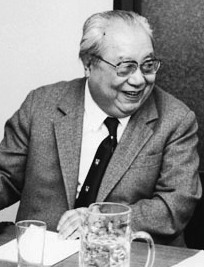
Fei Xiaotong or Fei Hsiao-tung was a Chinese anthropologist and sociologist. He was a pioneering researcher and professor of sociology and anthropology; he was also noted for his studies in the study of China's ethnic groups as well as a social activist. Starting in the late 1930s, he and his colleagues established Chinese sociology and his works were instrumental in laying a foundation for the development of sociological and anthropological studies in China, as well as in introducing social and cultural phenomena of China to the international community. His last post before his death in 2005 was as Professor of Sociology at Peking University.

Sir Patrick Geddes was a British biologist, sociologist, Comtean positivist, geographer, philanthropist and pioneering town planner. He is known for his innovative thinking in the fields of urban planning and sociology.
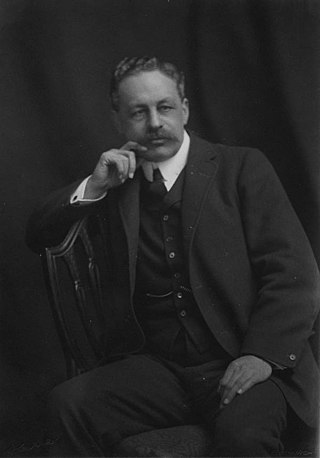
Sir Halford John Mackinder was an English geographer, academic and politician, who is regarded as one of the founding fathers of both geopolitics and geostrategy. He was the first Principal of University Extension College, Reading from 1892 to 1903, and Director of the London School of Economics from 1903 to 1908. While continuing his academic career part-time, he was also the Member of Parliament for Glasgow Camlachie from 1910 to 1922. From 1923, he was Professor of Geography at the London School of Economics.

Henri Lefebvre was a French Marxist philosopher and sociologist, best known for pioneering the critique of everyday life, for introducing the concepts of the right to the city and the production of social space, and for his work on dialectical materialism, alienation, and criticism of Stalinism, existentialism, and structuralism. In his prolific career, Lefebvre wrote more than sixty books and three hundred articles. He founded or took part in the founding of several intellectual and academic journals such as Philosophies, La Revue Marxiste, Arguments, Socialisme ou Barbarie, Espaces et Sociétés.
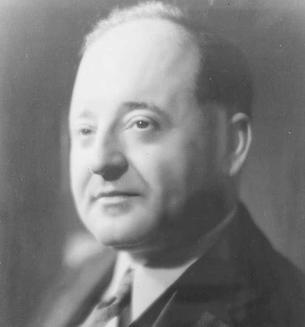
Louis Wirth was an American sociologist and member of the Chicago school of sociology. His interests included city life, minority group behavior, and mass media, and he is recognised as one of the leading urban sociologists.

William Lloyd Warner was a pioneering anthropologist and sociologist noted for applying the techniques of British functionalism to understanding American culture.

Sir John Rankine Goody (1919–2015) was an English social anthropologist. He was a prominent lecturer at Cambridge University, and was William Wyse Professor of Social Anthropology from 1973 to 1984.
Scott Lash is a professor of sociology and cultural studies at Goldsmiths, University of London. Lash obtained a BSc in Psychology from the University of Michigan, an MA in Sociology from Northwestern University, and a PhD from the London School of Economics (1980). Lash began his teaching career as a lecturer at Lancaster University and became a professor in 1993. He moved to London in 1998 to take up his present post as Director for the Centre for Cultural Studies and Professor of Sociology at Goldsmiths College.
The Folklore Society (FLS) is a national association in the United Kingdom for the study of folklore.
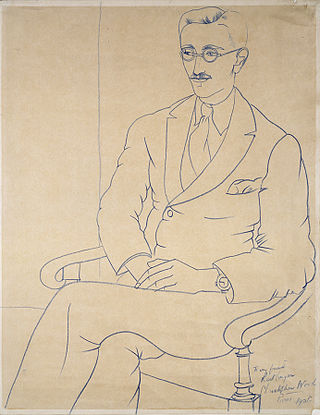
Gerald Roberts Reitlinger was an art historian, especially of Asian ceramics, and a scholar of historical changes in taste in art and their reflection in art prices. After World War II he wrote three large books about Nazi Germany. He was also a painter and collector, mainly of pottery. Reitlinger's major works were The Final Solution (1953), The SS: Alibi of a Nation (1956), and between 1961–1970 he published The Economics of Taste in three volumes.

John David Brewer HDSSc, MRIA, FRSE, FAcSS, FRSA is an Irish-British sociologist who was the former President of the British Sociological Association (2009–12), and has been the Professor of Post Conflict Studies in the Senator George J. Mitchell Institute for Global Peace, Security and Justice at Queen's University Belfast (2013–present), Honorary Professor Extraordinary, Stellenbosch University (2017–present) and Honorary Professor of Sociology, Warwick University (2021–present). He was formerly Sixth-Century Professor of Sociology at the University of Aberdeen (2004–13). He is a member of the United Nations Roster of Global Experts for his work on peace processes (2010–present). He was awarded an honorary doctorate in 2012 from Brunel University for services to social science.
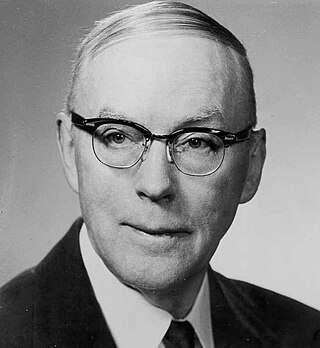
George Andrew Lundberg was an American sociologist.
P. J. Thomas, Parekunnel was the first economic advisor of independent India. He was a Member of the Madras Legislative Council and later Member of the upper house of the Indian Parliament.
Douglas A. Harper is an American sociologist and photographer. He is the holder of the Rev. Joseph A. Lauritis, C.S.Sp. Endowed Chair in Teaching with Technology at Duquesne University, a chair funded by a grant from the Mellon Foundation.
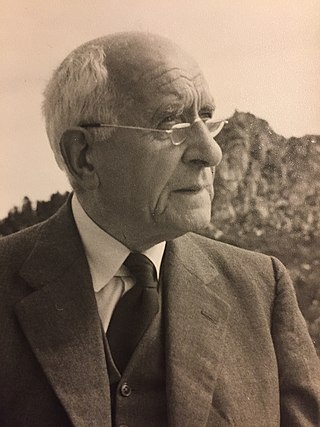
William George Stewart Adams was a British political scientist and public servant who became principal of an Oxford College and a leader in the fields of voluntary service and rural regeneration.
Peter McKevitt (1900–1976) was an Irish Roman Catholic priest, author and sociologist. He served as Chair of Catholic Sociology and Catholic Action in St. Patrick’s College, Maynooth, holding the position from 1937 to 1953.
Ira De Augustine Reid was a prominent sociologist and writer who wrote extensively on the lives of black immigrants and communities in the United States. He was also influential in the field of educational sociology. He held faculty appointments at Atlanta University, New York University, and Haverford College, one of very few African American faculty members in the United States at white institutions during the era of "separate but equal."
Ross Ian McKibbin, FBA is an Australian academic historian whose career, spent almost entirely at the University of Oxford, has been devoted to studying the social, political and cultural history of modern Britain, especially focusing on Labour politics and class cultures.

Ferdynand Zweig was a Polish sociologist and economist noted for his studies of the British working classes.
Alwyn David Rees (1911-1974) was a Welsh geographer, social anthropologist and Welsh nationalist, who wrote as Alwyn D. Rees. After studying geography and anthropology at the University College of Wales, Aberystwyth, he was a tutor in the College's External Department from 1936 to 1946. He was a lecturer in the Department of Geography and Anthropology until 1949, when he was appointed Director of the External Studies Department. Rees pioneered the rural sociology of Britain with Life in a Welsh countryside (1950), a community study of the Welsh village of Llanfihangel yng Ngwynfa. From 1966 until his death he edited the Welsh magazine Barn.
References
- ↑ "Broadcasting", The Times , 10 May 1939, p. 14.
- ↑ Review Reviewed Work: Rural Life in Northern Ireland by John M. Mogey Review by: T. W. F. The Geographical Journal Vol. 111, No. 4/6 (Apr. - Jun., 1948), pp. 270-271
- ↑ Review Reviewed Work: Rural Life in Northern Ireland. by John M. Mogey Review by: A. Beacham The Economic Journal Vol. 58, No. 230 (Jun., 1948), pp. 269-270
- ↑ Rural life in Northern Ireland, and 8 published papers. WorldCat. Retrieved 8 October 2015.
- ↑ Meetings: Session 1947-48 The Geographical Journal Vol. 111, No. 1/3 (Jan. - Mar., 1948), pp. 151-152